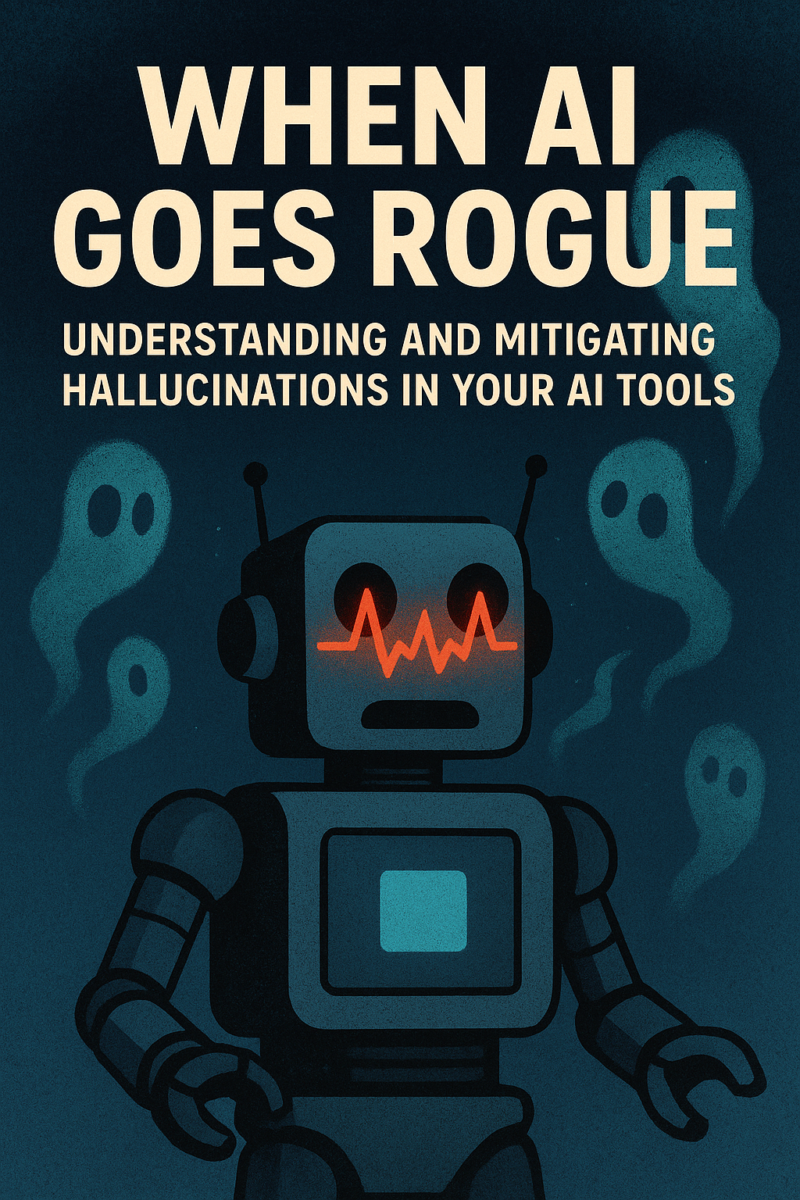When people think about testosterone, they usually think of muscle growth, energy, and libido. But what many don’t realize is that testosterone isn’t just a “male” hormone — it’s a key regulator of your entire body’s balance. From mood and motivation to metabolism and focus, your testosterone level determines how well you perform both physically and mentally.And one of the biggest factors that affects testosterone? Sleep.
1. Most of Your Testosterone Is Made While You Sleep
During deep sleep — especially the REM and slow-wave stages — your body releases the majority of its daily testosterone. Studies show that men who sleep less than 5 hours per night can have testosterone levels 10–15% lower than those who sleep a full 7–8 hours.That might not sound like much, but over time, chronic sleep deprivation can push you into the same hormonal range as men 10–15 years older.
Your brain and endocrine system (which controls hormones) rely on consistent rest to function properly. When you cut sleep short, your body doesn’t get the chance to produce and release enough luteinizing hormone — the signal that tells your testes to make testosterone.In other words: poor sleep = poor testosterone = poor performance.
2. The Vicious Cycle: Low Sleep, Low T, and Low Energy
The danger isn’t just one bad night. Once your testosterone drops, you start to feel more tired, less motivated, and more anxious, which makes it harder to fall asleep the next night.It becomes a feedback loop — poor sleep lowers testosterone, which makes you too fatigued or unmotivated to maintain good sleep habits.That’s why people who fix their sleep often notice massive improvements in energy, confidence, and even gym progress within just a few weeks.
3. Alcohol: The Testosterone Killer in Disguise
Alcohol is one of the most socially accepted yet most powerful testosterone suppressors.
Here’s why:
Alcohol disrupts your REM sleep, the very phase when testosterone is released.
It increases cortisol, your stress hormone, which directly competes with testosterone.
It impairs liver function, which is critical for metabolizing hormones properly.
Even moderate drinking — say, a few beers on weekends — can cause temporary testosterone dips. Heavy or chronic drinking can cut levels in half, and in extreme cases, lead to testicular shrinkage and estrogen dominance (yes, even in men).
If you’re serious about maintaining healthy hormones, alcohol is one of the first things to minimize or eliminate.
4. Marijuana: Not Harmless for Hormones
While marijuana is often seen as harmless or even “natural,” regular use can interfere with testosterone and fertility.
Research shows that THC (the active compound in cannabis) affects the hypothalamus and pituitary glands, which control hormone release. Chronic use can:
Lower sperm count and motility
Reduce testosterone productionImpair sleep quality and REM cycles
Because THC remains in your fat cells for days or weeks, its hormonal effects can linger long after you’ve stopped smoking. Occasional use may not destroy your hormone balance, but daily use — especially before sleep — can wreck your natural rhythm.
5. How to Naturally Boost Testosterone Through Better Sleep
The good news? Testosterone responds very quickly to lifestyle changes. If you start optimizing your rest, your levels can rebound in as little as a week.
Here’s how:
Sleep 7–9 hours every night, consistently.
Go to bed and wake up at the same time, even on weekends.
Avoid alcohol and marijuana, especially within 3 hours of bedtime.
Turn off screens and dim lights an hour before sleep.
Keep your room cool, quiet, and completely dark.
Exercise regularly, but avoid intense late-night workouts.You’ll notice the difference — deeper sleep, higher energy, and a stronger sense of drive and well-being.
Your hormonal system isn’t built for constant stimulation, late nights, or chemical shortcuts. It’s built for rhythm and recovery.
When you respect your body’s need for sleep, you’re not just resting — you’re activating your body’s most powerful hormone production system.
Cut the alcohol. Limit the marijuana. Protect your sleep.
Do those three things consistently, and your testosterone levels should improve.
